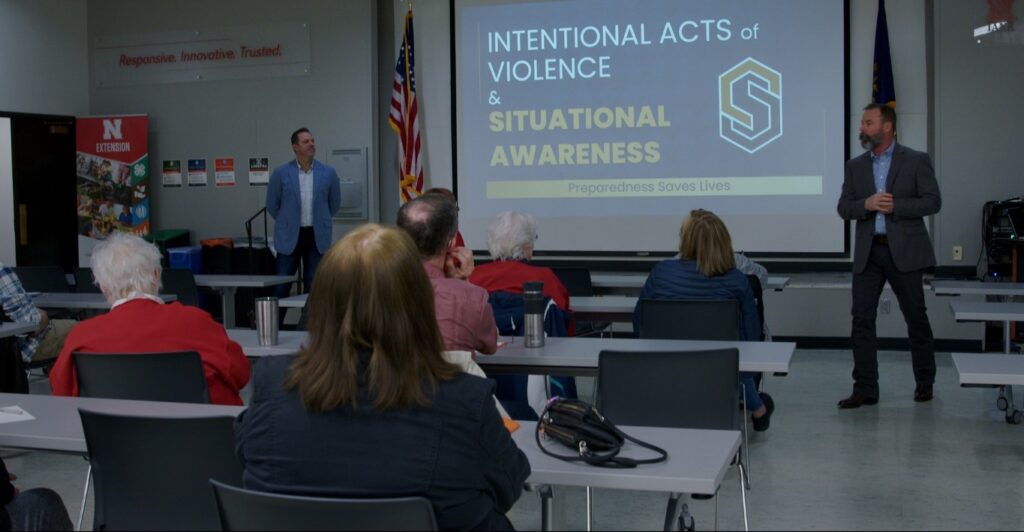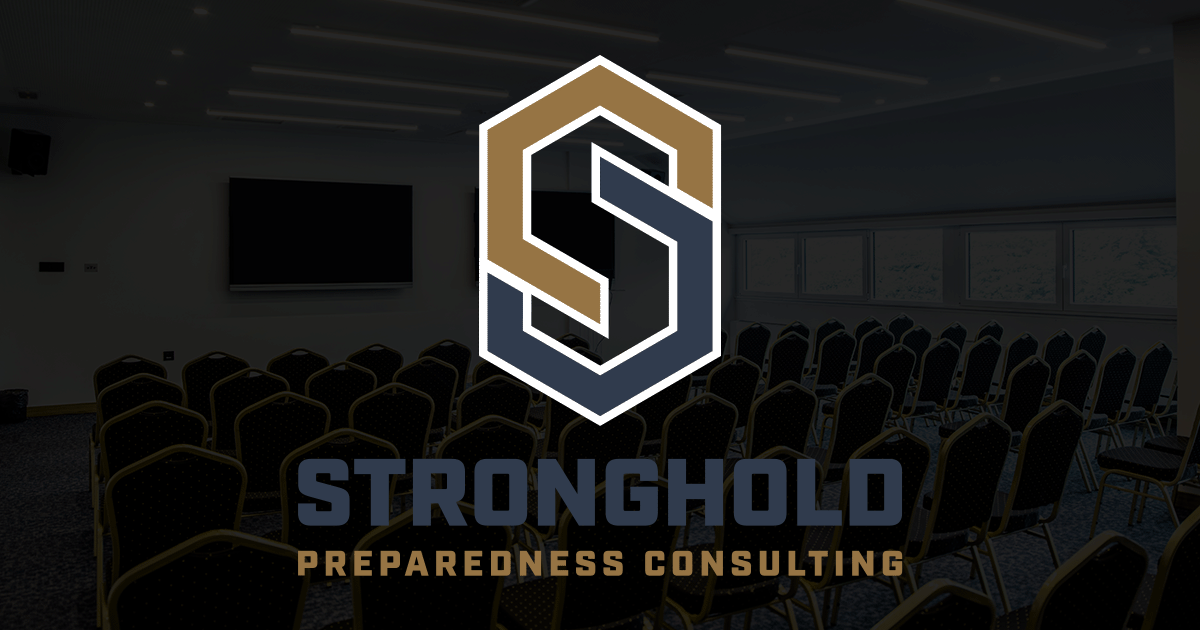Stronghold training services
Empowering Individuals and Organizations with Expert-Led Safety and Response Training
At Stronghold, our training programs are designed to equip organizations and individuals with the skills needed to handle a variety of safety challenges. Our training portfolio is tailored to address specific scenarios and enhance overall preparedness. These programs are developed from a foundation of real-world experience, ensuring participants receive practical, applicable knowledge. Our focus is on delivering training that empowers individuals to act confidently and effectively in critical situations.
The expertise behind our training programs is drawn from our founders’ backgrounds as first responders. This experience is invaluable in creating scenarios and content that reflect actual emergencies. By participating in Stronghold’s training, individuals and organizations gain insights and techniques that are directly applicable to real-life situations. Our approach is designed to foster a sense of preparedness and resilience. Whether it’s navigating the complexities of a high-tension scenario or providing immediate medical assistance, Stronghold’s training prepares you to respond with competence and confidence.

Acts of Intentional Violence Training
Our premier Active Threat training program, Acts of Intentional Violence, equips individuals with the critical knowledge and skills to effectively respond to active shooter incidents. The course offers a deep understanding of various active threats and empowers participants to identify potential signs of violence, think critically, and develop actionable response plans. By incorporating practical skills for using life-saving equipment, this comprehensive program ensures that individuals can confidently manage crisis situations, enhancing overall organizational safety.
De-Escalation Training
This course provides participants with essential skills to defuse potentially violent situations through effective verbal communication. Participants will learn to identify verbal cues and signs of aggression, use active listening to communicate with individuals in crisis, and apply nonverbal communication techniques to de-escalate tense situations. By mastering these skills, organizations can create safer environments and reduce the risk of violent incidents.
Crisis Communication Strategies
Focusing on effective communication strategies during crises, this course covers the development of internal and external crisis communication plans with stakeholder involvement, including staff, students, families, the community, and the media. Participants will enhance their ability to manage stakeholder expectations and maintain organizational stability during crises, ultimately improving overall safety and preparedness.
Situational Awareness Training
This course teaches participants how to assess their environment and identify potential threats to prevent emergencies. Participants will learn to maintain situational awareness, recognize suspicious behaviors, and identify hazards. Techniques for mitigating risks and responding to emergencies are also covered, ensuring individuals and organizations are better prepared to handle unexpected situations and enhance overall safety.
Medical Emergency Training
Providing an overview of common medical emergencies likely encountered daily, this course covers topics such as cardiac arrest, diabetic emergencies, seizures, heat and cold emergencies, overdoses, pediatric emergencies, mental health awareness, asthma, and stroke recognition. By equipping staff with this knowledge, organizations can enhance their preparedness and ability to respond effectively to medical emergencies, improving overall safety and well-being.
Crisis Leadership Training
Effective crisis leadership is vital to safeguarding an organization’s people, assets, and reputation. This comprehensive course equips business professionals with the skills and knowledge to lead confidently during times of crisis. Participants will learn to anticipate potential crises, develop strategic response plans, and implement effective communication strategies. The course also emphasizes essential leadership qualities, decision-making processes, and the role of empathy and resilience in navigating crises, thereby strengthening organizational safety and crisis management capabilities.

